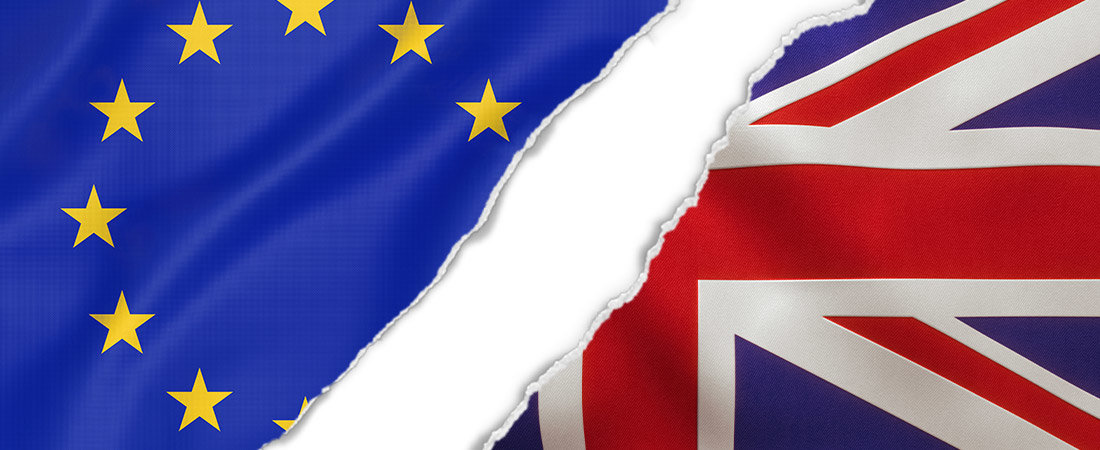It is time to prepare for the new reality of Britain’s influence in Brussels
The outcome of the Brexit process remains highly uncertain, but one thing is clear: one way or another, decisions made in Brussels will continue to impact the reality of doing business in Britain.
Organisations eager to have a voice in these decisions after Brexit should start preparing now, as protecting British interests in the EU will be a challenge of huge consequence in the years ahead.
Those seeking to engage with the European Union have historically relied on resource on the ground; leveraging Members of the European Parliament, working with trade associations and identifying British representatives within the European Commission. Even, in cases of national importance like David Cameron’s interventions around the banking union, deploying the European Council.
For the 27 member states of the European Union, that will still be the case. For the UK and businesses here who are likely to still be adhering to EU rules, it’s time to prepare for life on the outside – and fast.
To continue to exert influence on the EU post-Brexit will prove inherently difficult for UK business
The exact shape of the future relationship is still unknown, but in all likelihood the UK will lose its access, its experts and will be fighting to have its voice heard as a third country. In the ‘Mind the Gap’ publication, Portland’s Brexit Unit has assembled experts to put a spotlight on to this challenge, examining the changes in the EU landscape for UK-based organisations and the new levers to exert influence in Brussels.
First, Stephen Wall, Former UK Permanent Representative to the European Union, gives us an overview of the past and future of the UK’s influence in Brussels.
Next, the President of FoodDrink Europe, Hubert Weber focuses on the challenges post-Brexit for a pan-European association with UK members.
Simon Lewis OBE, Chief Executive of the Association for Financial Markets in Europe (AFME), highlights the implications of Brexit for the financial services sector, considering in particular the “no deal” scenario.
The practical realities of the Norwegian model are considered by former Minister of Foreign Affairs Espen Eide, who explain how the country has become the ‘lobbyist-in-chief’ in Brussels.
Examining the rocky road to a future relationship, Portland’s Guillaume Amigues lays out the key learning points for organisations looking to have their voices heard in these negotiations.
John McGrane, Director General of the British Irish Chamber of Commerce, provides his analysis of the withdrawal agreement’s impact on the future of EU UK negotiations, and his five principles for an effective withdrawal from the European Union.
The relations between Switzerland and the EU are unique, and incomparable to those enjoyed by any other non-member. Jean Russotto, long-time adviser to Swiss businesses on EU regulatory issues and Senior Partner at Steptoe & Johnson Brussels, examines whether the Swiss model could be a template for the UK.
Shaping what the European Union is and what it does has long been a preoccupation of the British Government. Professor of European Politics and Foreign Affairs, King’s College London, Anand Menon, and Researcher at The UK in a Changing Europe, Matt Bevington, provide their insight on what power the UK will might be able to achieve once it ceases to be a member of the ‘club’.
Armed with 25 years’ experience in Brussels, David Earnshaw, Associate Vice President, Public Policy Europe, MSD – discusses what he sees as the main Brussels game-changers for UK companies’ post-withdrawal and post-transition phase.
“For UK and European business the lack of a large, broadly liberal pro-business voice will be the main impact of Brexit.” Finally, Matt Hinde, Senior Vice-President and Director, Energy at FleishmanHillard Brussels, examines Brussels post-Brexit and whether it’s a new playing field with new rules.

